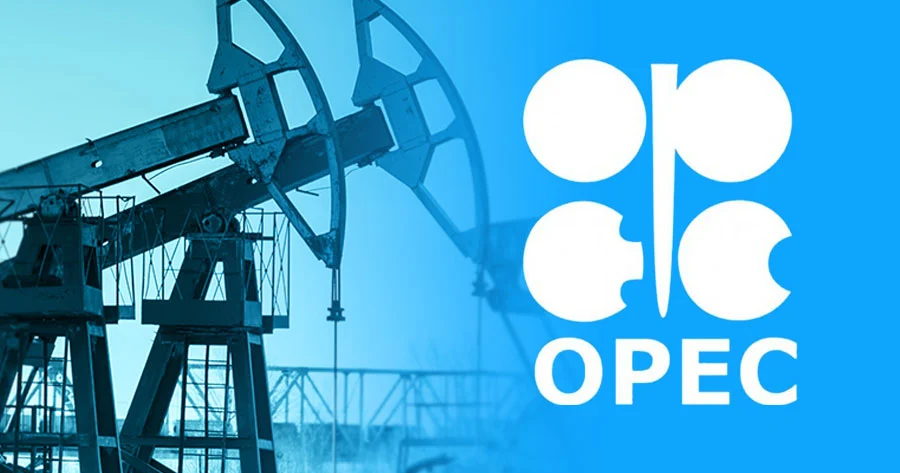Publisher: Maaal International Media Company
License: 465734
KPMG: Saudi Arabia well positioned to weather global uncertainty and secure long-term economic growth and stability
اقرأ المزيد
A report issued by KPMG revealed that the Kingdom of Saudi Arabia continues to advance Vision 2030, as the 2025 budget reaffirms its commitment to those strategic investments that enhance economic diversification, strengthen social support systems, etc., and maintain financial health. However, the Kingdom of Saudi Arabia is well positioned to weather global uncertainty and secure long-term economic growth and stability.
The report showed that the Kingdom maintains the financial capacity necessary to protect the country from external shocks in the future in the short term, but the continued period of weak global demand for oil will limit the authorities’ efforts to implement Vision 2030 initiatives and broader investment plans with weak financial resources in the country.
According to the report, geopolitical tensions escalated at the regional and global levels in 2024 and are at risk of worsening significantly in 2025. The ongoing Ukrainian-Russian conflict and the war in the Middle East bring with it the risk of wider clashes that could include the entry of Western countries into the conflict. Such a marked increase in tensions in either theater will transmit uncertainty across geographies and asset classes. Successive catastrophes such as the 2007-2008 global financial crisis and the COVID-19 pandemic have significantly altered and deteriorated government balance sheets in major economies, limiting their ability to implement fiscal stimulus in the event of further shocks. Economic and/or financial risks Shocks that limit global economic activity and hence oil demand in 2025 will remain elevated.
Inflationary pressures across advanced and emerging economies have begun to ease from their apparent highs since 2022 to the first half of 2024. This easing trend allows major central banks to cut policy rates. However, risks remain. The aforementioned geopolitical risks could create new supply chain shocks that bring with them additional price pressures.
According to the report, there are two main contagion mechanisms that could undermine Saudi Arabia’s economic and financial dynamics in such a scenario. First, signs of persistently rising inflation could slow the pace of monetary easing; such a slowdown would bring with it greater policy risk and recession in oil-consuming economies. Lower global demand for oil would directly weaken capital flows into Saudi Arabia’s fiscal and current accounts. Second, the spillover effects would depend in part on the extent and nature of any global shocks, but the combination of higher interest rates and recessionary pressures would bring with it greater volatility in financial markets. Access to bond markets would become more difficult in such a scenario, even as higher interest rates would increase the overall cost of funding. She pointed out that the Ministry of Finance announced the 2025 budget, which reflects the government’s continued financial commitment, transparency and discipline in financial management, and has shown flexibility in the face of the challenges facing the global economy. Despite the shift to positive real growth compared to the last fiscal year, the average annual GDP growth remained weak in fiscal year 2024, with an estimated expansion of 0.8%, on an annual basis, after a contraction of 0.8% on an annual basis in fiscal year 2023.
The decline in the oil sector was evident as a result of production cuts under the OPEC+ agreement, and its impact was mitigated by significant growth in non-oil sectors and the continuation of driving economic activity and employment, indicating that inflation rates are still relatively low at 1.7%, reflecting successful fiscal policies and structural reforms.
Looking ahead, the 2025 budget expects real GDP growth of 4.6%, with non-oil activities supported by private sector contributions and ongoing economic reforms, etc., improving business regulations. These efforts aim to attract investment, develop employment, and create sustainable job opportunities. Total revenues are expected to reach SAR 1.184 billion, supported by growth in both oil and non-oil sectors, while expenditures are expected to reach SAR 1.285 billion, reflecting continued spending on transformational initiatives, infrastructure development, etc., and quality of life improvements. The 2025 budget is in line with the government’s strategy to balance fiscal sustainability with economic and social goals. The expected budget deficit is SAR 101 billion (2.3% of GDP). According to the report, the government will maintain public debt levels within sustainable limits and leverage domestic and external borrowing to finance transformation and projects, and public debt is expected to reach SAR 1.300 billion (29.9% of GDP).








